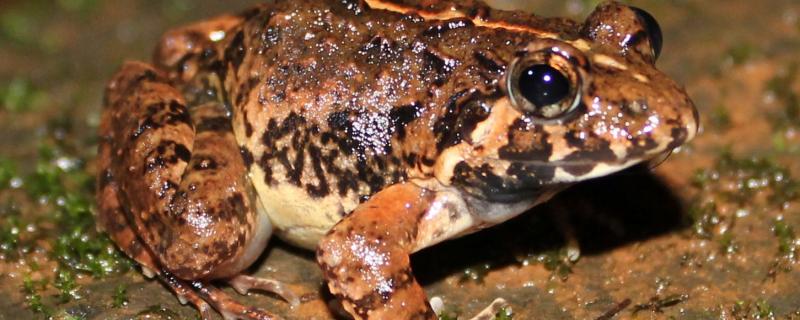In a recent study, a team of researchers from Purdue University, USA, Northrop Grumman, USA, Indian Institute of Technology Bombay, Mumbai, India, and University of Florida, USA have studied the effect of using computer-aided design (CAD) simulations on teaching engineering d
Archives
Delhi, the city once famous for the charm of the Red Fort and the elegance of Qutub Minar, is today infamous for its pollution crisis. Ranked one of the most polluted cities in the world, the air in the city is taking a toll on its residents’ health.
Researchers from Indian Institute of Technology Kharagpur, Kharagpur (IITKGP) and Institute of Pulmocare and Research, Kolkata have proposed a new method to detect respiratory disorders, like asthma—by listening to the sounds made by the lungs.
Scientists from the Indian Institute of Science, Bangalore, study what effect tuberculosis has on the immune system of our body.
A new species of terrestrial ‘cricket frog’ from the highland plateaus of the Western Ghats adds to the biodiversity in this region
A team of researchers from Indian Institute of Science, Bengaluru, Université Paris-Saclay, Gif-sur-Yvette, France and Technische Universität München, Germany has provided a material design strategy for polycrystalline piezoelectrics that could achieve electrostrain values larger than 1%.
Researchers from the National Institute of Advanced Studies, Bangalore, discover a novel behaviour among bonnet macaques and consider the implication this may have one their cognition and evolution of species.
Researchers from Indian Institute of Technology Bombay (IITB), Mumbai have looked at the economic feasibility of a solar driven electrolysis plant to produce hydrogen. The study provides a framework for the economic assessment of solar hydrogen production.
Genetically Modified Crops are those whose genetic makeup has been altered by introducing a foreign gene into its system. This is a popular technique to get the best of both worlds; we retain the desirable traits of the original plant and introduce new beneficial traits from other plants.
Study from IIT Bombay finds that airborne pollutants affect the water available for agriculture.









